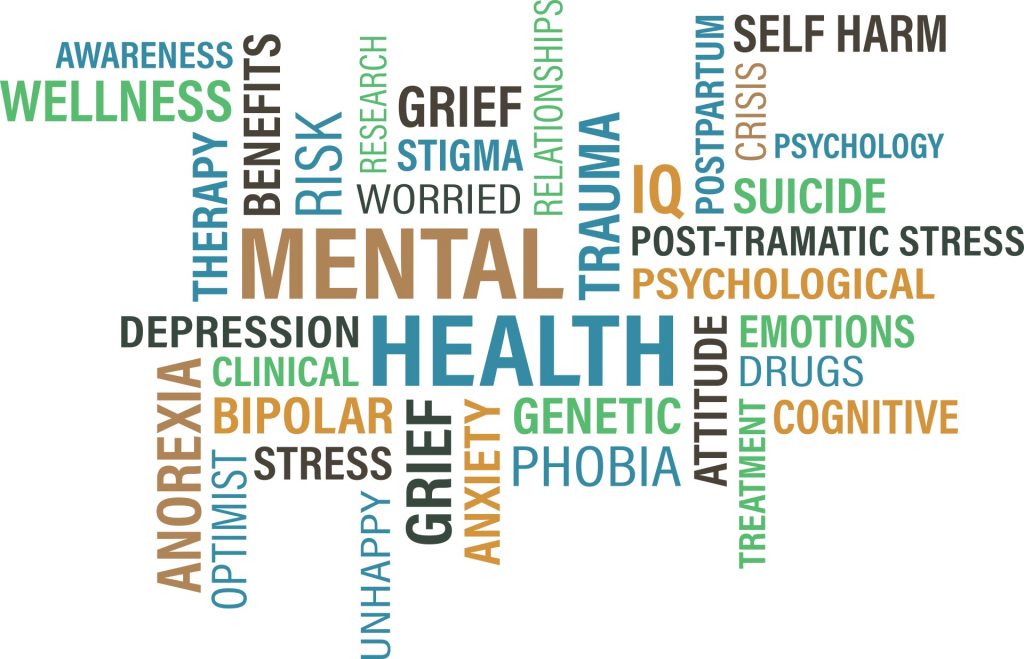What’s the difference between Psychological First Aid (PFA) & Mental Health First Aid (MHFA)?

We are often asked by our existing and prospective clients.
“What’s the difference is between Psychological First Aid (PFA) and Mental Health First Aid (MHFA)?”
As the only provider in the United Kingdom providing Level 3 accredited Psychological First Aid Training, it’s important when advising clients that they fully understand that PFA and MHFA are completely different is many ways.
So what’s the difference?
Psychological First Aid (PFA) is designed to reduce the initial distress caused by traumatic events. It has proved to be especially helpful to our NHS key workers. PFA helps foster short- and long-term adaptive functioning and coping.
Psychological First Aid does not assume that all survivors will develop severe mental health problems or long-term difficulties in recovery. Instead, it is based on an understanding that individuals affected by traumatic events and disaster survivors will experience a broad range of early reactions (for example, physical, psychological, behavioural, spiritual). Some of these reactions will cause enough distress to interfere with adaptive coping, and recovery may be helped by support from compassionate and caring responders.
Psychological First Aid is supported by disaster mental health experts as the “acute intervention of choice” when responding to the psychosocial needs of children, adults and families who are affected. There is consensus among experts that these components provide effective ways to help survivors manage post-disaster distress and adversities, and to identify those who may require additional services
Psychological First Aid Training is delivered as a stand alone course and also forms part of a 5 Day Post Incident Stress Debrief Facilitator course.
Mental Health First Aid can be applied to a person who is or may be developing a mental health issue, a person experiencing a worsening of an existing mental health issue or to a person in a mental health crisis.
Mental health problems are common in the community, so members of the public are likely to have close contact with people affected. However, many people are not well informed about how to recognise mental health problems, how to provide support and what are the best treatments and services available. Furthermore, many people developing mental disorders do not get professional help or delay getting professional help. Someone in their social network who is informed about the options available for professional help can assist the person to get appropriate help. In mental health crises, such as a person feeling suicidal, deliberately harming themselves, having a panic attack or being acutely psychotic, someone with appropriate mental health first aid skills can reduce the risk of the person coming to harm.
